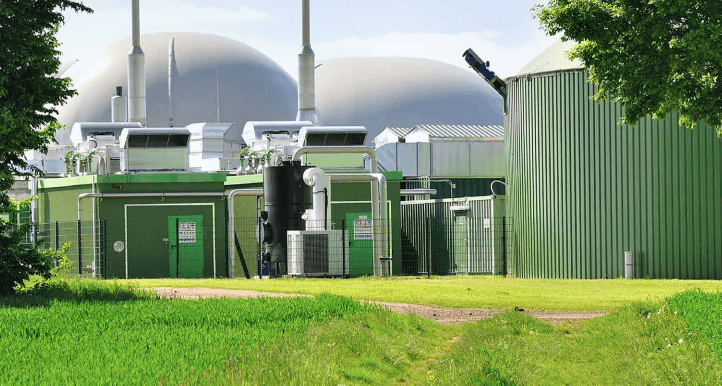Summary
This project developed a technology that produces biodiesel and other valuable by-products from microalgal biomass harvested from large-scale algal farms. Microalgae are microscopic plant-like organisms that directly convert carbon dioxide and sunlight into biochemical energy.
Need
The cost effective conversion of inedible plant material (called biomass) into liquid fuels could help to reduce Australia’s reliance on fuel imports as well as significantly reduce carbon dioxide emissions from the transport industry.
Learn more
Project innovation
This project developed a technology that produces biodiesel and other valuable by-products from microalgal biomass harvested from large-scale algal farms.
Microalgae are microscopic plant-like organisms that directly convert carbon dioxide and sunlight into biochemical energy. They are extremely fast-growing and can be produced throughout the year. Microalgae can provide five to ten times the amount of biofuel per unit of land compared with conventional crops currently being used, and also have the advantage of being able to grow in places not suitable for crops, potentially even using saline water instead of fresh water.
The project identifed a strain of marine microalgae called Nannochloropsis sp. as the most cost effective option and developed a novel and scalable two-step process to break apart the alagal cells and gain access to the oils (known as lipids) within. The lipids were then recovered for biodiesel production using an efficient low-temperature method. The remainder of the ‘de-lipidated’ algal biomass was dried in a solar dryer to produce high-protein feed for animals or use in aquaculture.
A small-scale demonstration of the process proved it was effective for producing abundant, clean lipids for biodiesel production. Further refinement of the technology on a larger scale was expected to improve its efficiency and cost effectiveness.
Benefit
Compared to using fossil fuels, the production of biodiesel from microalgae is essentially a carbon-neutral process.
Prior to this project there was no clear method for producing biodiesel from microalgae that was ready for implementation at a commercial scale. In addition, there was insufficient information available to evaluate the economics of such a process.




